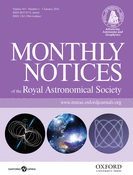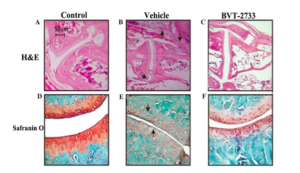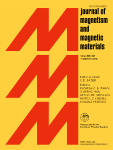Obesity has retracted a study that suggested overweight people may be less depressed than their slimmer counterparts in cultures where fat isn’t stigmatized, after realizing the authors lied about having ethical approval to conduct the research.
The authors claimed their research protocol had been approved by Norwegian and Bangladeshi ethical committees, but, according to the retraction note, part of the study “was conducted without the required approval of the university ethics board.” The journal’s managing editor told us that there is no evidence that there was harm to the study subjects.
Here’s more from the retraction note for “In Bangladesh, overweight individuals have fewer symptoms of depression than nonoverweight individuals:”
Continue reading Authors lied about ethics approval for study on obesity, depression

 A group of astrophysicists has notched a pair of corrections for papers on galaxy clusters, thanks to an error that affected several figures in the papers, but not the overall conclusions.
A group of astrophysicists has notched a pair of corrections for papers on galaxy clusters, thanks to an error that affected several figures in the papers, but not the overall conclusions.





